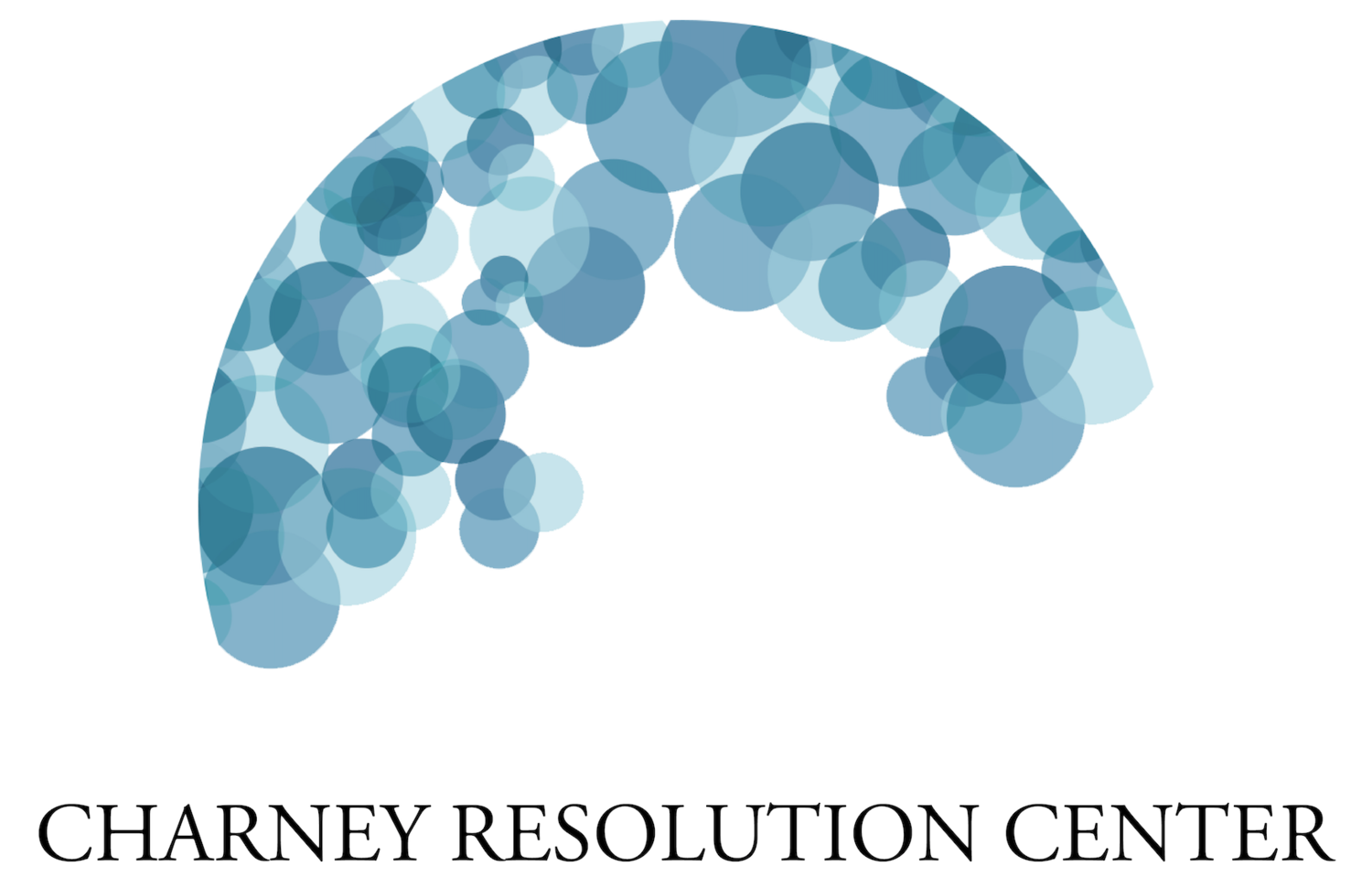Interview by Shana Hazboun
At the Charney Resolution Center, we aim for our projects to have a substantial impact on the students. Therefore, we find it crucial to get feedback from them. Following the CRC Annual Peace Simulation at the Eastern Mediterranean International School, we got to know Amanda Fida, an eighteen-year-old DP1 from Albania, and her thoughts on the simulation:
Question 1: Please introduce yourself in a few words. Tell us your name, age, where you come from, and what you're currently doing in life.
Hi I’m Amanda Fida, I’m 18 years old and I’m from Albania. Currently I’m a student at EMIS. :)
Question 2: Describe yourself using 3 words.
1. Creative
2. Curious
3. Open-minded
Question 3: If you could have dinner with anyone, dead or alive, who would it be and why?
Probably Marylin Monroe, there is a lot of mystery surrounding her death. She had an affair with the president and knew a lot of things the public never knew, she is viewed as an icon and I’d like to hear about her experiences and her struggles, after her death, every aspect of her was monetized and idolized and her struggles with mental health and fame were never a topic of conversation, so I’d like to hear about everything.
Question 4: Why did you come to EMIS?
I came to EMIS for multiple different reasons, to do the IB program, to learn more about the world and different people’s lives. The school’s purpose aligned with my views and values which was also a deciding factor for me.
Question 5: Describe your first encounter with the Charney Resolution Center?
My first encounter and every encounter I’ve had with the Charney Resolution Center has been very positive. I had a great time during Peace Simulation and it was very informative, as well as all the lectures from the Charney Resolution Center being interesting and giving more background to the school’s relationship with them and the purpose of both.
Question 6: How would you explain the Peace Simulation at EMIS to an alien from Mars?
Peace Simulation is a big group project where everyone works together to think of creative ways to find a solution for a problem. The problem is the conflict between Palestine and Israel and it has a huge effect on a lot of people. There are different aspects of this project and little groups form and discuss different problems in the conflict and how to solve them so that the big group can have one big solution and discussion.
Question 7: What was your experience at the Peace Simulation this year? Tell us about what you did, and then tell us how you felt during the simulation”.
The Peace Simulation was an amazing experience for me. I was presenting the Palestinian perspective on settlements. My group started with a bit of background information on the conflict, then focusing more on settlements. The next day, we started debating and discussing possible solutions. This was my favorite part of the Peace Simulation as I’ve always been interested in debating and activities of the sort. We came up with a possible solution and took into account a lot of different aspects. A representative of the Israeli side and I presented it in front of everyone participating and we got to hear more professional opinions on our solution. Overall, it was a great learning experience for me and I’m sure it was for everyone else involved too”.
Question 8: What was your main takeaway from the simulation this year?
That the conflict is extremely complicated and there are countless factors that need to be taken into account for a long term resolution to be obtained. There are many different perspectives on the matter that all need to be heard.
Question 9: If there is anything you would change about the simulation, what would it be?
I think I would make the lectures more interactive and give a chance to hear the perspectives of the students as well as the lecturer’s. This way, misinformation or non-peaceful ideas can be addressed.
Question 10: Would you recommend this experience to people outside of the EMIS community? Why or why not?
Honestly I think I would, but it depends on who I would be recommending it to. I am very aware that there are many people who don’t believe in a solution, or who refuse to accept other perspectives on the matter. Depending on their openness for a conversation to be had, I would recommend participating in Peace Simulation.

